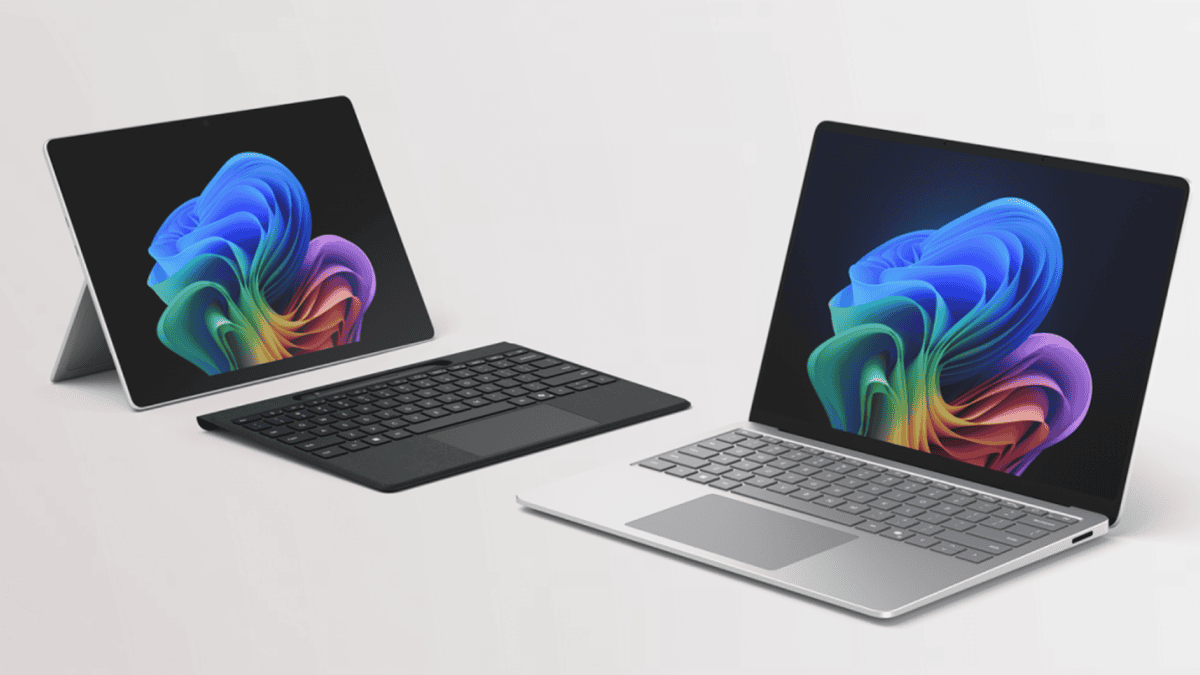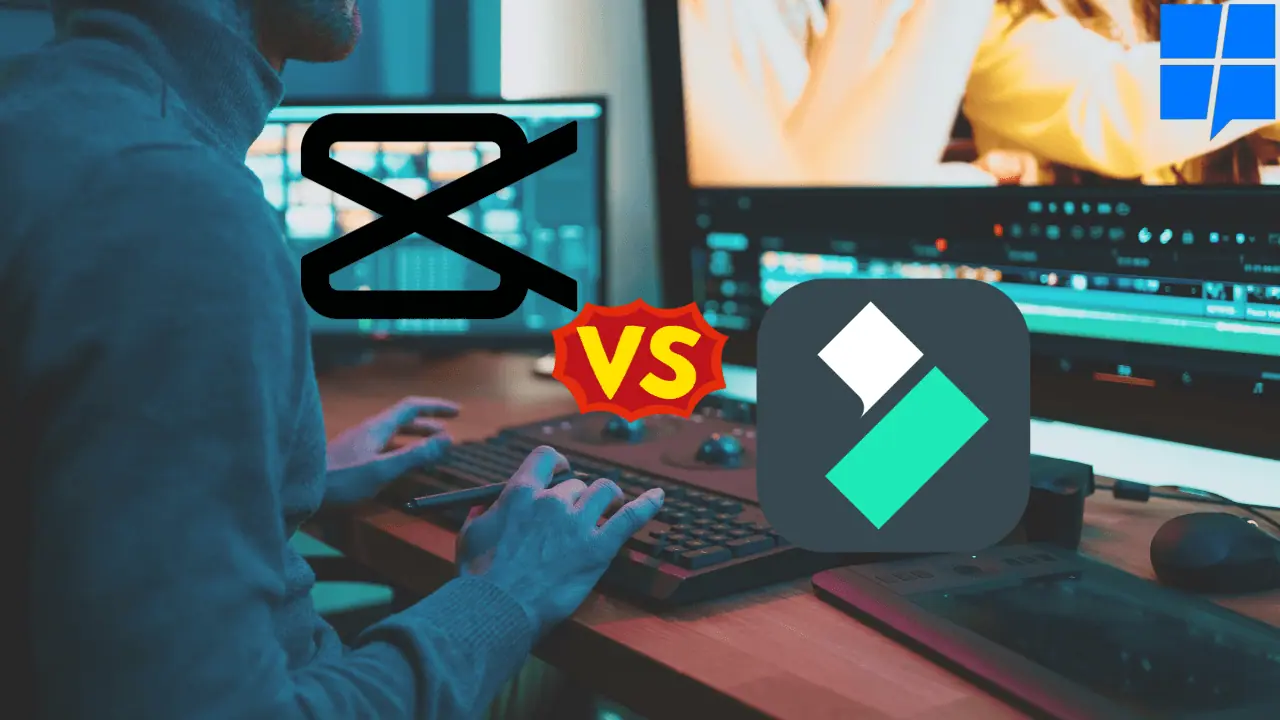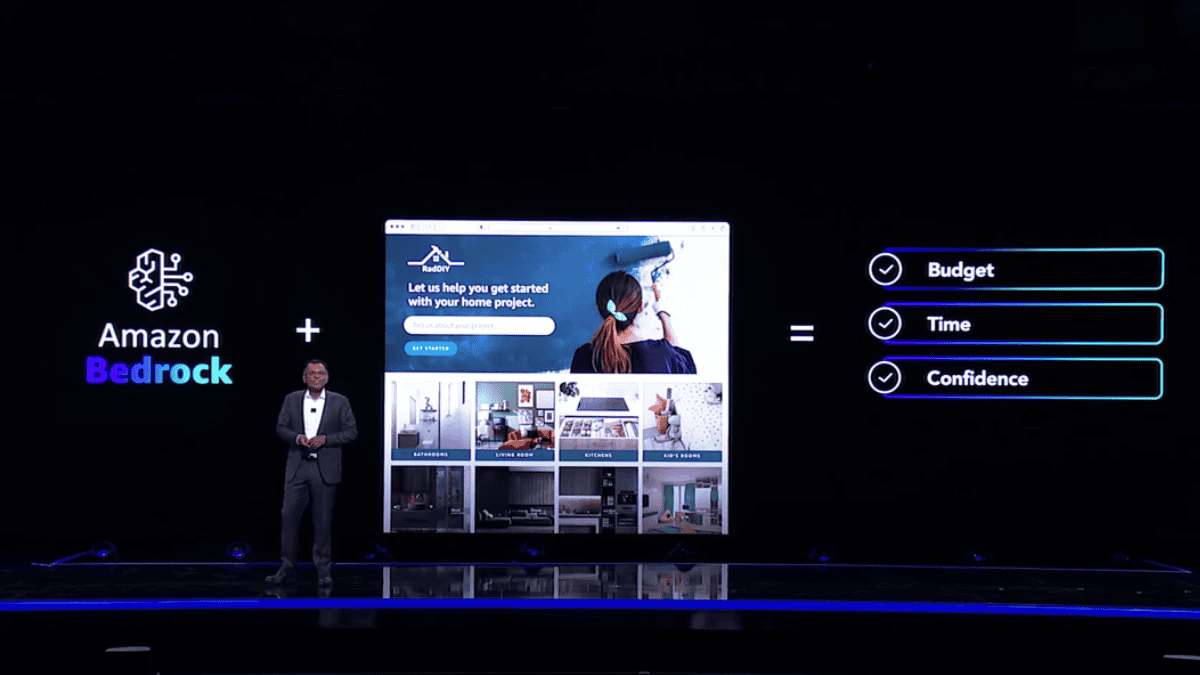Apple appeals ruling which found they are not a monopoly
3 min. read
Published on
Read our disclosure page to find out how can you help MSPoweruser sustain the editorial team Read more

The long-running case between Apple and Epic came to something of a resolution recently when Judge Yvonne Gonzalez-Rogers handed Epic a victory by permanently restraining Apple from stopping developers from linking out to alternate payment methods outside of the app store.
Apple was also prohibited from preventing developers from communicating with users via information gathered from their apps via account registrations.
In turn, the judge failed to find Apple was a monopoly, noting that the market was all digital mobile gaming transactions, not just those that take place on iOS, and had the right to collect a fee for the use of its platform.
At the time, Apple painted this as a victory, saying:
“Today the Court has affirmed what we’ve known all along: the App Store is not in violation of antitrust law,” a representative said. “Apple faces rigorous competition in every segment in which we do business, and we believe customers and developers choose us because our products and services are the best in the world. We remain committed to ensuring the App Store is a safe and trusted marketplace.”
Today however Apple files an appeal against the ruling it appears primarily to halt the implementation of rules which allowed developers to link to external payment services, saying:
Links and buttons to alternate payment mechanisms are fraught with risk. Users who click on a payment link embedded in an app—particularly one distributed through the curated App Store—will expect to be led to a webpage where they can securely provide their payment information, email address, or other personal information.
While Apple could examine the links in the version of the app submitted for review, there is nothing stopping a developer from changing the landing point for that link or altering the content of the destination webpage. Additionally, Apple currently has no ability to determine whether a user who clicks on an external link actually received the products or features she paid for. Apple already receives hundreds of thousands of reports each day from users, and allowing links to external payment options would only increase this burden. In essence, the introduction of external payment links, particularly without sufficient time to test and evaluate the security implications, will lead to the very same security concerns that Apple combats with the use of IAP more generally, which the Court agreed were legitimate, procompetitive reasons for the design of the App Store.
Apple asked the court to stay the rules which allowed external payments, which were due come into effect in December this year, saying it “will allow Apple to protect consumers and safeguard its platform while the company works through the complex and rapidly evolving legal, technological, and economic issues.”
Epic has of course already said they would be appealing, having failed to convince Judge Yvonne Gonzalez-Rogers of 9 out of 10 points, including whether Apple is a monopoly and whether alternate app stores should be allowed, whether side-loading should be allowed, and whether Apple’s 30% app store tax is excessive and should be reduced.
It seems like in many games, there will be at least one more round to this battle.
Source: The Verge









User forum
0 messages